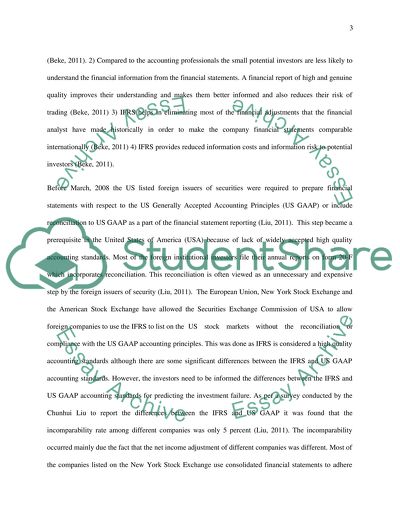Cite this document
(“Account standardization, IFRS and US GAAP Essay”, n.d.)
Retrieved from https://studentshare.org/finance-accounting/1477680-ypwe-firmly-believe-that-improvements-in
Retrieved from https://studentshare.org/finance-accounting/1477680-ypwe-firmly-believe-that-improvements-in
(Account Standardization, IFRS and US GAAP Essay)
https://studentshare.org/finance-accounting/1477680-ypwe-firmly-believe-that-improvements-in.
https://studentshare.org/finance-accounting/1477680-ypwe-firmly-believe-that-improvements-in.
“Account Standardization, IFRS and US GAAP Essay”, n.d. https://studentshare.org/finance-accounting/1477680-ypwe-firmly-believe-that-improvements-in.


